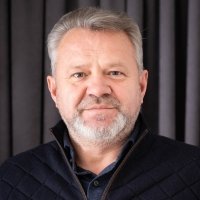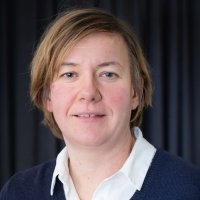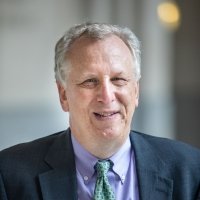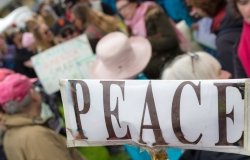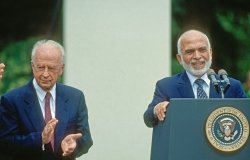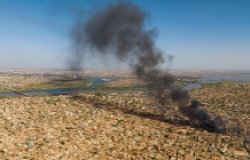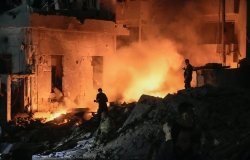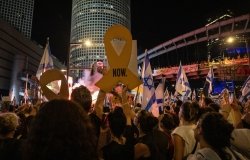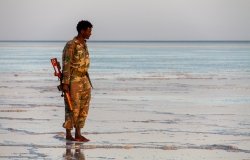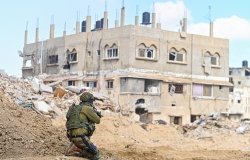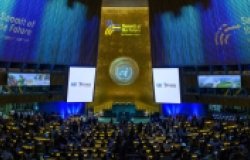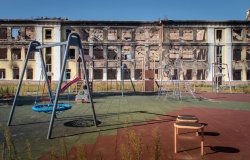Bucha After Russian Occupation: Bucha’s Mayor on the Destruction of His City and Hopes for the Future
Overview
Before Russia’s invasion of Ukraine in February 2022, Bucha was a quiet residential community of some 50,000 people on the outskirts of Kyiv. Russian forces began their assault on the town on February 27 as part of their campaign to encircle Kyiv. By March 31, the Russians were in retreat from Bucha, leaving devastation and mass graves in their wake.
Bucha represents the world’s first definitive look at how the Russian military employs atrocity as a tactic. According to one official count, 458 bodies were recovered from the town’s ruin—with 419 bearing signs of torture, shooting, or other mass trauma.
Anatolii Fedoruk, Bucha’s mayor, went into hiding to coordinate assistance to those few thousand people remaining behind during the Russian occupation. His interviews with international media over the spring and summer of 2022 helped spread the word of Russian war crimes.
The Wilson Center and Ukraine Friends were honored to host Mayor Fedoruk and his team to the Wilson Center to provide an update on the town’s recovery and the status of the investigation of crimes committed during Russia’s occupation of Bucha.
Speakers
Moderator
Hosted By

Kennan Institute
The Kennan Institute is the premier US center for advanced research on Eurasia and the oldest and largest regional program at the Woodrow Wilson International Center for Scholars. The Kennan Institute is committed to improving American understanding of Russia, Ukraine, Central Asia, the South Caucasus, and the surrounding region though research and exchange. Read more

Global Europe Program
The Global Europe Program is focused on Europe’s capabilities, and how it engages on critical global issues. We investigate European approaches to critical global issues. We examine Europe’s relations with Russia and Eurasia, China and the Indo-Pacific, the Middle East and Africa. Our initiatives include “Ukraine in Europe” – an examination of what it will take to make Ukraine’s European future a reality. But we also examine the role of NATO, the European Union and the OSCE, Europe’s energy security, transatlantic trade disputes, and challenges to democracy. The Global Europe Program’s staff, scholars-in-residence, and Global Fellows participate in seminars, policy study groups, and international conferences to provide analytical recommendations to policy makers and the media. Read more
Thank you for your interest in this event. Please send any feedback or questions to our Events staff.



